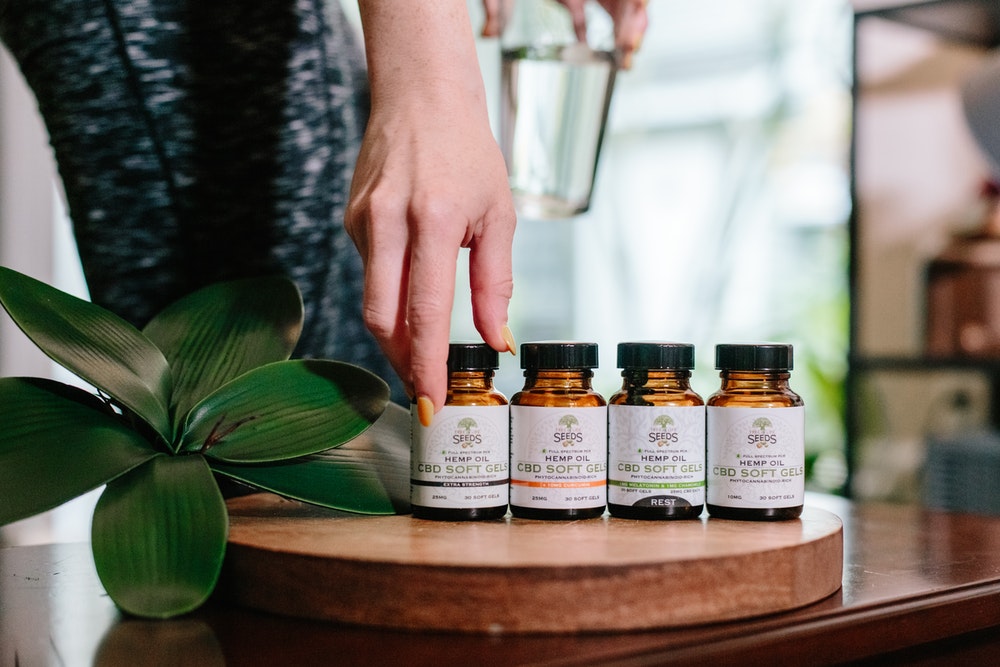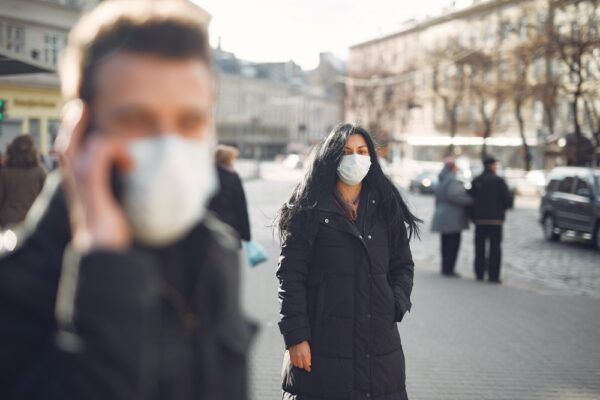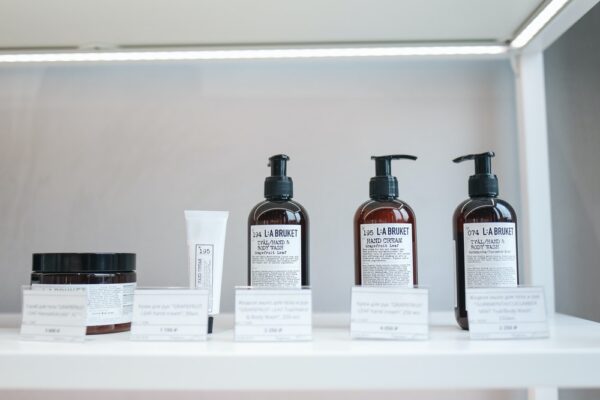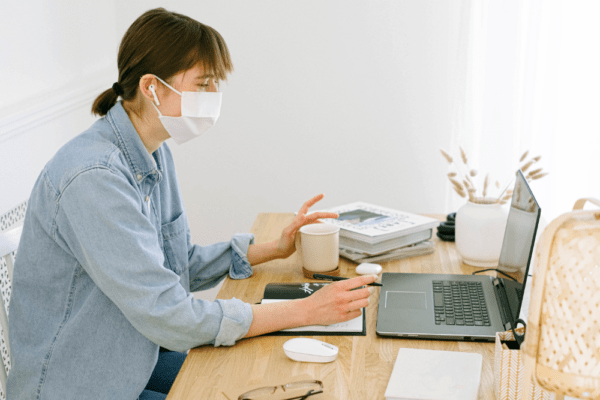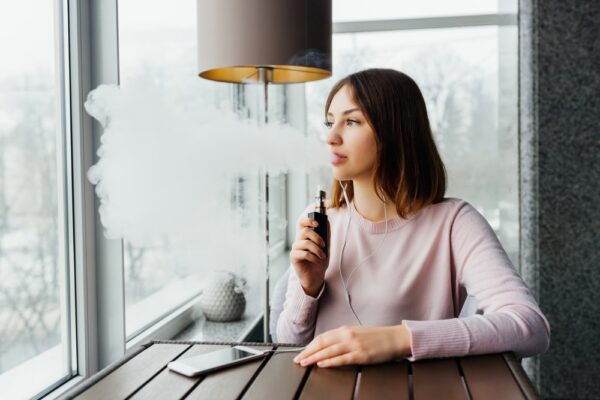Western medicine has no treatment available for the novel coronavirus. The development of a vaccine is still under works and it is estimated that it could take up to 12-18 months for the vaccine to be deployable to the general population. Current measures taken are only of intensive and supportive care.
Whilst extensive medical research is underway, some people are in an elusive search for “alternative” remedies to fight the coronavirus. Some of the remedies being promoted include herbal therapies, supplements and other natural or alternative treatments. There is no scant scientific evidence claiming to support that any of these alternative remedies can prevent coronavirus or ease its symptoms.
According to the U.S. National Institute of Health (NIH), such practices and their effectiveness is inconclusive and warn that products can also be adulterated with pesticides, industrial chemicals, prescription pharmaceuticals, or mislabeled herbs and other substances.
Traditional Chinese medicine, for instance, is an age-old practice seen as an alternative approach to address health problems. TMC include making use of Chinese herbs, acupuncture, tai chi and other practices. And while it has shown some benefit in symptom relief for a variety of conditions, traditional Chinese medicine (TMC) has not proven to show that any combination of different herbs will attack the organism that causes the disease, cure COVID-19, or even lessen symptoms.
The most important thing you can do to prevent infection with coronavirus is to avoid exposure to the virus. Following the recommendations provided by World Health Organization (WHO) and The Centers for Disease Control and Prevention (CDC) will not only help you but also others to not contract the disease. It is also of utmost importance to take care of your body in terms of staying healthy, taking steps to build a well-functioning immunity since the virus can easily latch on to people with weaker immune systems. Other measures include getting adequate sleep and exercise and eating a healthful diet that includes adequate (but not excessive) intakes of essential nutrients, such as vitamins C and D.
None of us are completely immune to the virus. But keeping a healthy and nutritional diet can help support optimal immune function.
Furthermore, it is recommended that you keep check of your stress levels and blood sugar fluctuations, especially if you’re a patient of diabetes as these conditions are associated with more severe disease if infected. People with autoimmune disorders and chronic medical conditions are also asked to be vigilant in taking care of themselves since they can be at high risk to coronavirus.
Everyday preventive behaviours that lessen the spread of the virus, include:
- Washing your hands for at least 60 seconds with soap and water. But also bear in mind to not waste water.
- Use an alcohol-based sanitizer with at least 70% alcohol if water and soap are not easily accessible.
- Practice social distancing and self-isolating if you’re showing symptoms and monitor them before you decide to head to the ER. If you are not in a situation that needs dire medical attention and can manage symptoms at home, keep the space open for doctors to treat those who are impacted the most.
- Sneeze or cough into a tissue and immediately discard the tissue in the trash.
- Avoid touching your eyes, nose, and mouth with unwashed hands.
- Wipe down surfaces like tables, kitchen counters, your phone screens with a disinfected or sanitizer.
